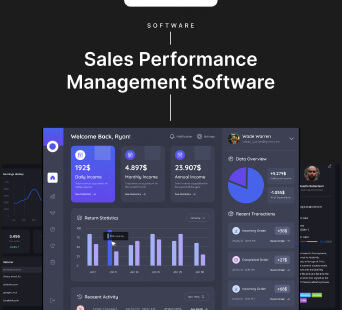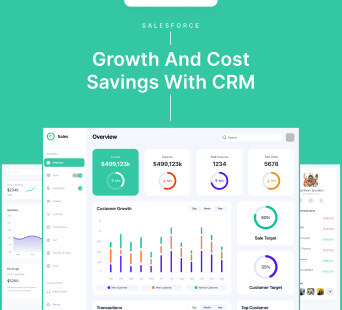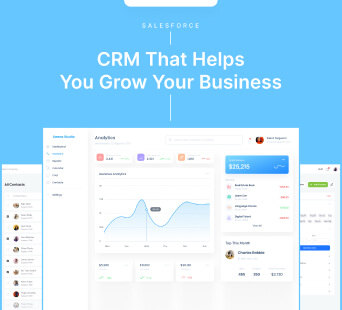Some significant factors separate top app development companies from others. These factors consist of faster load timing, easy and quick deployment of apps, fate recovery time, and common error rations in the apps. The error rates define the app development company's performance over the past few years.
These days app developers are considering coping with the investment ratio with the help of cloud computing. The demand of the market requires a solution that is cost-effective and error-free. The straight answer to this problem is DevOps development service.
DevOps at the very basic level means unifying the development and operational phase in such a way that time is saved and communication is effective. This can help cut the dealy and avoid unnecessary errors which might go unnoticed. The combination of DevOps with the cloud is helping mobile app development companies to progress significantly over the years and is tend to stay relevant for a longer period. This also helps to eliminate the error of miscommunication in huge software development companies.
In this article, we will look at how DevOps is helping to provide a new model for cloud development. So without further ado, let us get into it!
How Are Cloud and DevOps Linked Organically?
There are several reasons why top app development companies prefer linking the cloud and DevOps. The main being to come up with a system that can respond to real-time problems in an effective way. The list below gives clear reasons as to why they are often liked together. It is as follows:
Cloud Computing offers a centralized solution to all the DevOps processes. Before the cloud app develops had issues integrating all the work into a central database which delayed the tasks greatly. But this issue is now being resolved with the help of the cloud.
All cloud networks offer integration with DevOps operations as it helps to bridge communication gaps. This helps in faster delivery of the required product.
Cloud-based systems also help to cut down on the cost of resources and help to make more profits by saving the money that will be spent on them. It helps the company to have a native approach to the development process.
These are some of the top reasons why app development companies link the DevOps process with the cloud. It also helps to keep a track of all the resources being used in individual processes like development, storage of data, etc.
Why Is Cloud Becoming the Top Choice?
The main reason why app developers prefer DevOps it allows them to cut down the development time and simplify the storing of data. But along with this, it is important to know that this one resource is not enough for the success of the plan.
The pairing of the cloud with DevOps offers several benefits. They are as follows:
The streamlined approach helps to being a flow state to the development process. It helps to finish the work assigned time. This also helps to bridge the communication gap.
DevOps provides an internal code that cuts on writing the code from scratch. It lowers the complexity of the systems and helps to maintain the system easily.
Automation provides less probability while the development process and reduced error are one step closer to the success of the product being developed. It also helps to maintain better security for the system that is using this process.
There are continuous updations that are provided and this helps eliminate errors when their functionalities are added to the product being developed. This in turn increases goodwill and customer satisfaction.
When the websites and apps have an increased traffic rate, this is when DevOps helps to increase the scalability in order for proper management of response time and avoid lagging issues.
These are the top reasons why DevOps is the top choice of app developers. Apart from this, there are serval benefits which include quicker response time and security of databases.
Also Read: What Is The Role Of DevOps In Mobile App Development?
Why DevOps and Cloud Are the Best Choices?
These two factors help in determining the speed and the response rate for the company. It also plays a major role in helping to boost productivity for the company. It helps to solve numerous problems in the software field and adds a waterfall approach which can increase the accuracy rate while launching newer features. The list below indicates the advantages at each step. It is as follows:
Development Phase
At this phase, the process will be automated. It will promote a continuous development environment which in turn will increase productivity. It will not only increase the speed at the development stage but also help avoid human-made errors which can cost the company heavily.
Testing Phase
At this phase, even a small mistake can make or break the product and determine the success of the app development company. It helps to create small and newer innovations and ensures that no one is disappointed due to lagging servers. This helps to increase the efficiency of the product that the company is working on.
Launching Phase
During the launching phase, it is necessary to check that both the front end and the back end are working correctly and are seamless. This is when allowing cloud storage and increasing the response time of the website. Also with the help of cookies providing personal suggestions can become significantly easier and helps to increase customer satisfaction. Security concerns are also eliminated because of DevOps.
Also Read: 5 Top Trending DevOps Tools
Conclusion
In recent years DevOps has become the top choice of mobile app development companies. The advantages are enough to convince anyone to use it. It helps not just to increase productivity during the development phase, but also provides a larger level of customer satisfaction at the launch phase which helps to maintain the goodwill of the company. Apart from this it provides the right workflow and maintains an environment of continuous development which in turn helps to being new updates to the application. Along with this numerous security issues are also avoided by the application of this method at work.


















